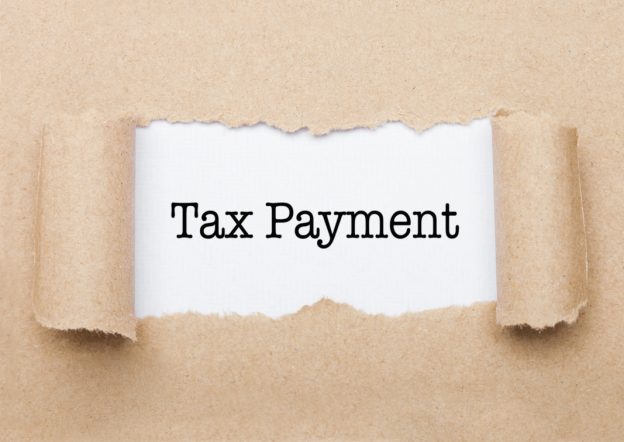
In a new effort to reduce the tax burden on retirees, HMRC is set to cancel some underpaid tax demands for many pensioners impacted by the government’s unchanged income tax thresholds.
HMRC announced that it will try and avoid chasing pensioners who owe merely a “tiny” amount of tax, highlighting the disproportionate expense of collection (for HMRC) relative to the owed tax.
As reported in July many pensioners have been receiving simple assessment tax demand letters as a result of tax being owed on income from a pension.
HMRC stated that it would “not normally issue simple assessments for tax that would cost more to collect than is owed. That would not be a good use of public funds.”
HMRC said it would “not pursue hundreds of thousands of pensioners for tiny amounts of tax” which as an unofficial guideline may be worth in the region of £100 or less.
While this comes as positive news for some pensioners there are many who are likely to be paying some or more tax because of the tax thresholds being frozen until the expected April 2028 date.
The state pension is not subject to taxation at source like private pension income, meaning an individual relying entirely on the full state pension could end up unexpectedly owing tax but unlike other types of PAYE income it would not be collected automatically.
In this scenario HMRC will send out a simple assessment letter to individuals (HMRC reference PA302) who don’t complete a self assessment tax return.
An HMRC spokesperson said: “No one will have to file a tax return because an increase in state pension takes them over the personal allowance”.
For individuals who have other income and owe tax on their state pension income HMRC will normally reclaim the tax owed automatically through an adjustment in their PAYE tax code.
If you do receive a simple assessment letter HMRC has brought out some guidance specifically for pensioners on how to deal with their income tax demand.
For a number of higher earning pensioners the frozen income tax thresholds could push their income into the higher (40%) or addtional rate (45%) tax bracket.
The most likely group to be affected would be basic rate taxpayers who could start paying 40% tax on income that falls into the higher bracket.







